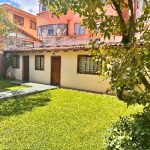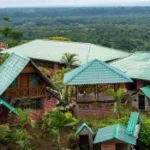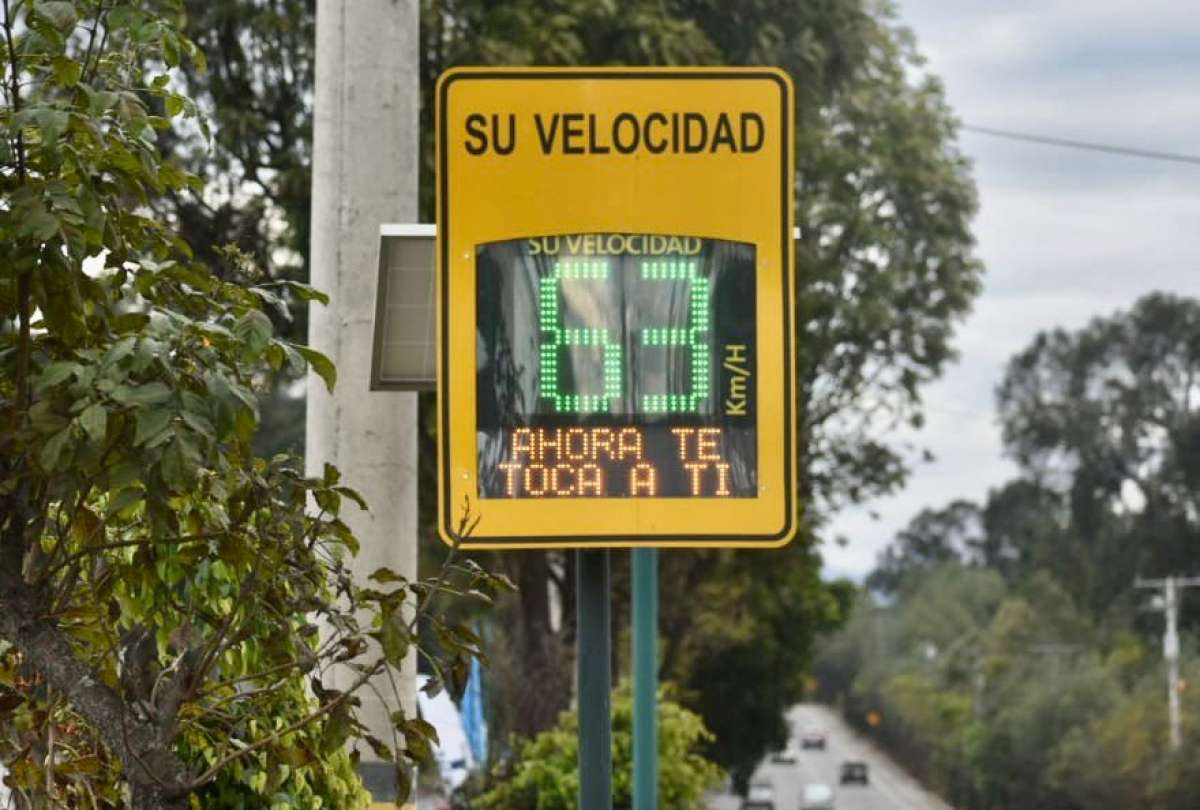Tension builds between indigenous and the government as Conaie rejects economic reforms
There has been no progress in efforts to reconcile the positions of Ecuador’s indigenous movement and the government since the two sides agreed to talk October 13, ending 10 days of nationwide protests.

Jaime Vargas
“There have been no meetings since October 24,” according to Jaime Vargas, president of the Confederation of Indigenous Nationalities of Ecuador (Conaie). “The government is now engaged in persecution and repression against our people and as long as this continues there can be no talks. If the situation does not change we may be forced to return to the streets.”
Vargas and other indigenous leaders are angered by the arrests of hundreds of protesters as well as an investigation into comments made by Vargas suggesting that the indigenous would form their own army. “Instead of reaching out to us, the government is treating us as criminals,” he says.
Indigenous leaders are also upset about the package of economic reforms that the government submitted to the National Assembly and that is currently being debated. “This is even worse than the presidential actions [the suspension of fuel subsidies] that created the national strike in October,” Vargas says.
Indigenous leader Leonidas Iza adds that the government’s economic reforms are a “capitulation to the IMF [International Monetary Fund] and will punish Ecuador’s indigenous and poor.” He adds that the government is ignoring the economic proposals submitted by Conaie two weeks ago. “This is in the hands of the executive and the National Assembly president but it is not being discussed.”
Tensions have also risen over a verbal exchange between Vice President Otto Sonnenholzner and Vargas, in which Sonnenholzner rejected Vargas’ suggestion that he needed permission to visit indigenous communities. “As I understand it, an Ecuadorian does not need a visa to travel in his own country,” the vice president said.
Vargas says that the indigenous movement is considering its next move given the “worsening climate of non-cooperation.”
Among those considerations, he says, is preparation for the February 2021 elections. “We are building a coalition of support among the indigenous, peasant, transporter, mestizo and Afro communities and believe we will be a powerful force at the polls.”
Vargas says it is too early to say whether the movement will present a presidential candidate or whether the movement will be organized under the indigenous Pachakutik party banner. In recent elections, Pachakutik has had limited success, rarely polling more than two to three percent in local and national elections.























